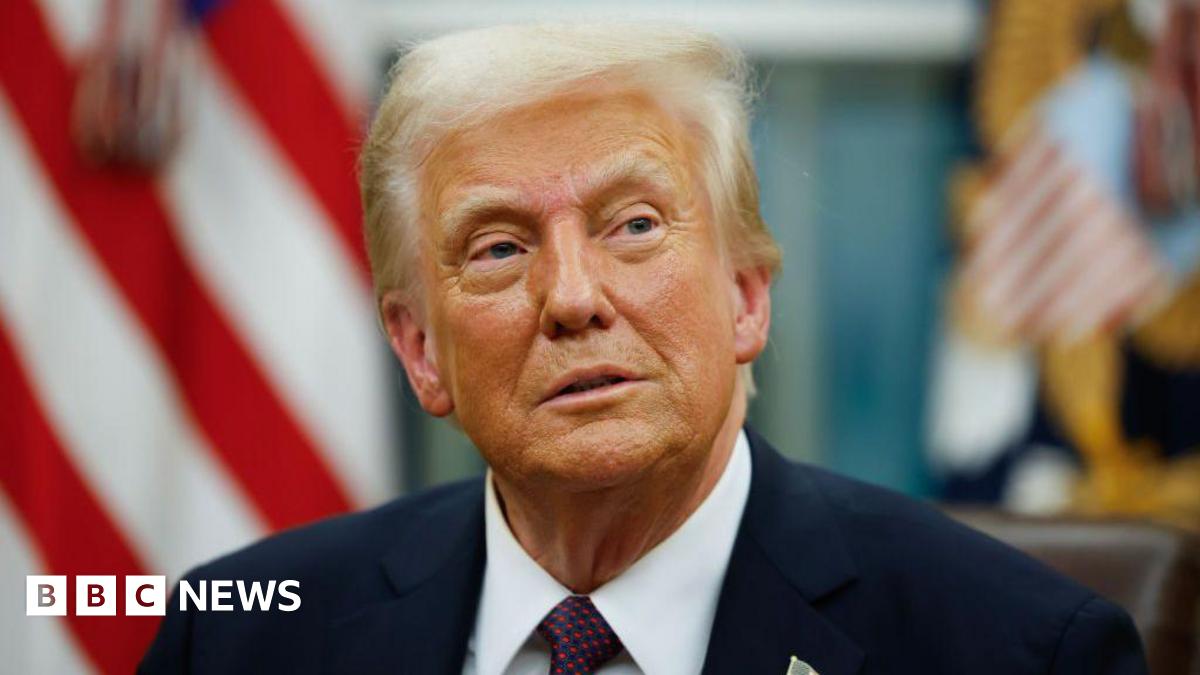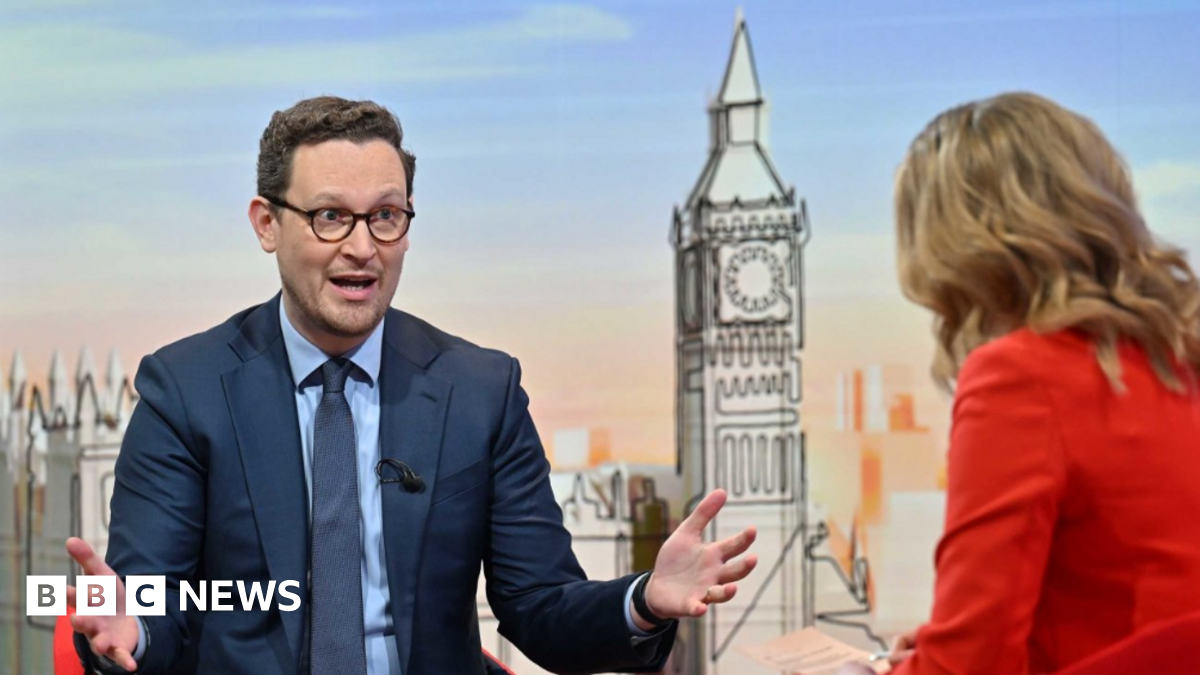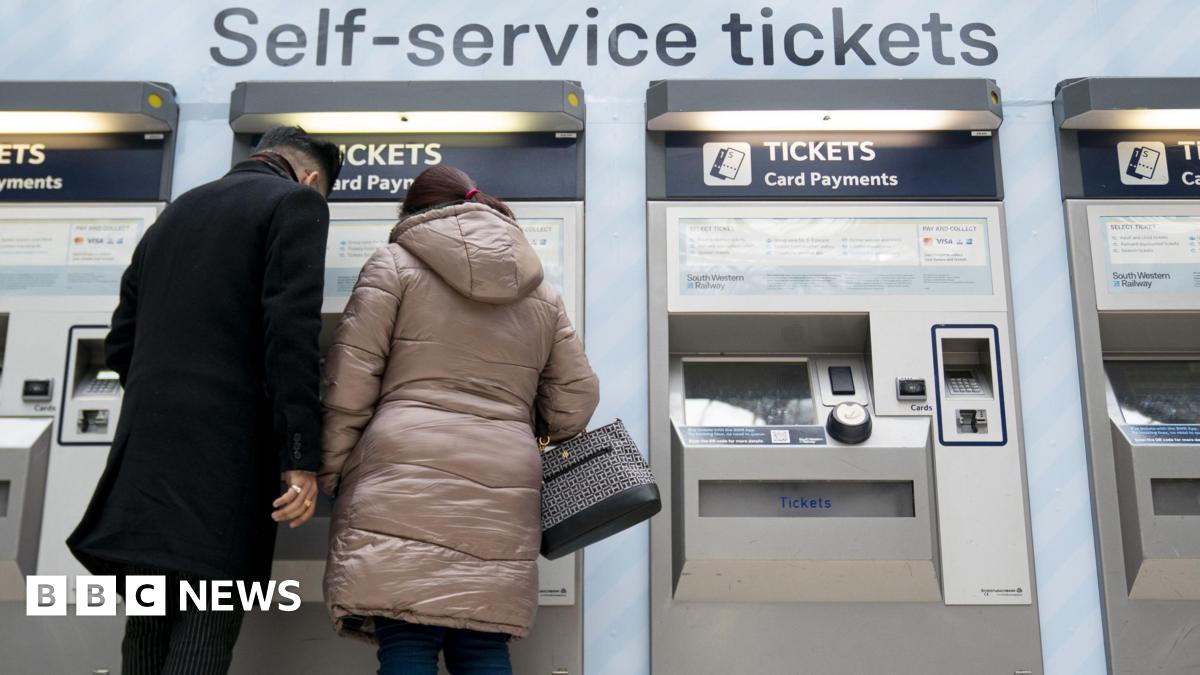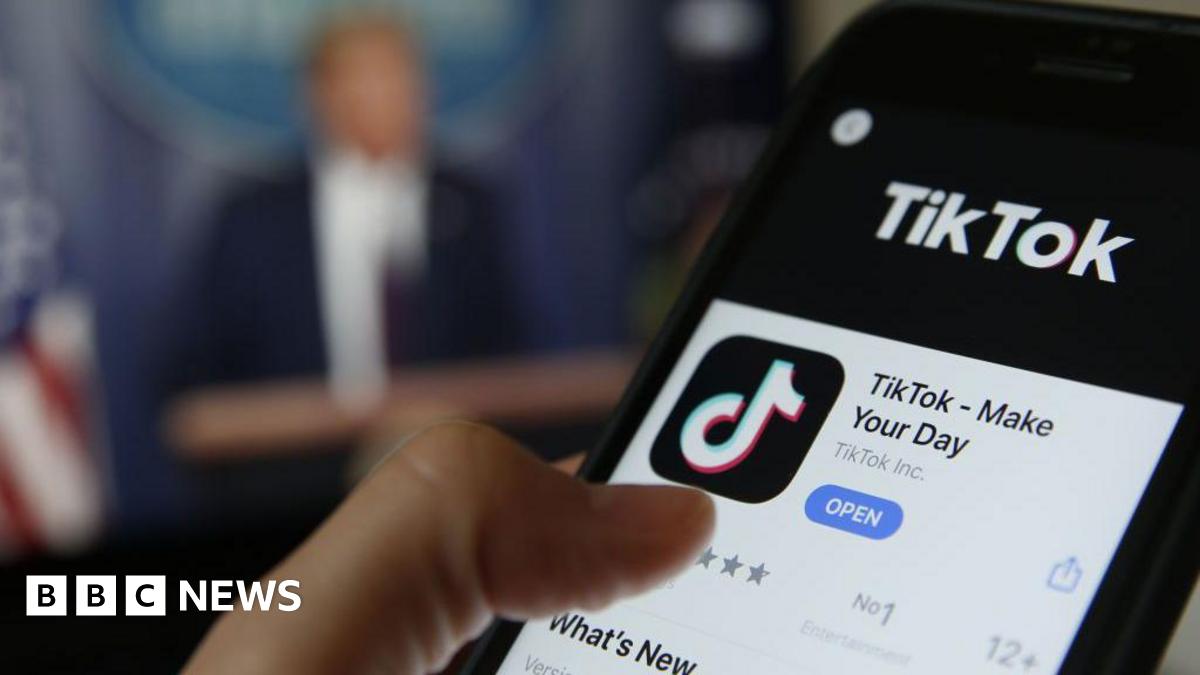Receive free Markets updates
We’ll send you a myFT Daily Digest email rounding up the latest Markets news every morning.
The euro fell to a six-month low after the European Central Bank raised interest rates to a record high, but hinted that the move might be the last in its campaign of monetary tightening.
The euro traded as low as $1.0632 on Thursday after ECB policymakers announced their decision to increase interest rates by a quarter of a percentage point to a record high of 4 per cent. It was down 0.8 per cent to $1.0644 by the end of the New York trading day.
Europe’s region-wide Stoxx Europe 600 index closed the day 1.5 per cent higher, while France’s CAC 40 gained 1.2 per cent and Germany’s Dax rose 1 per cent.
In a statement published alongside its decision, the ECB said rates “have reached levels that, maintained for a sufficiently long duration, will make a substantial contribution to the timely return of inflation to the target”.
Francesco Pesole, forex strategist at ING, said the language “essentially suggests that the ECB may have hit the peak of the tightening cycle”.
“Markets are reasonably giving more weight to the dovish hints for now, also given the data flow in the eurozone has been quite grim lately,” Pesole added.
The ECB policy decision comes amid heightened investor anxiety over a looming economic downturn, with the European Commission having recently downgraded its growth forecast for the 27-country union to 0.8 per cent this year and 1.4 per cent in 2024.
“Against the weaker growth backdrop, the ECB can probably pause at the next meeting and if the growth outlook continues to deteriorate, a pause could morph into a peak,” said Mike Bell, a strategist at JPMorgan Asset Management.
The ECB has now raised borrowing costs for 10 consecutive policy meetings since July 2022 in an attempt to tackle high inflation. Annual price rises have since decelerated to 5.3 per cent as of August, with some way to go until inflation reaches the central bank’s 2 per cent target.
Elsewhere, US retail sales grew more than forecast in August, the commerce department reported on Thursday, as a jump in petrol prices outweighed lacklustre spending elsewhere in the economy. The retail sales data came after the US on Wednesday reported petrol prices had driven up headline inflation in August.
Market moves on Thursday suggested investors did not believe the retail sales or consumer price data would force the Federal Reserve to raise interest rates when they meet next week. The S&P 500 index and the tech-heavy Nasdaq Composite both rose 0.8 per cent on Thursday.
In recent days, investor and policymaker concerns over stubborn price pressures have grown as oil prices have climbed to their highest levels since late last year following the extension of supply cuts by some of the world’s biggest producers.
Brent crude, the international benchmark, settled 2 per cent higher to $93.70 a barrel on Thursday. The US equivalent West Texas Intermediate topped $90 for the first time this year and settled 1.9 per cent higher to $90.16.
Credit: Source link











